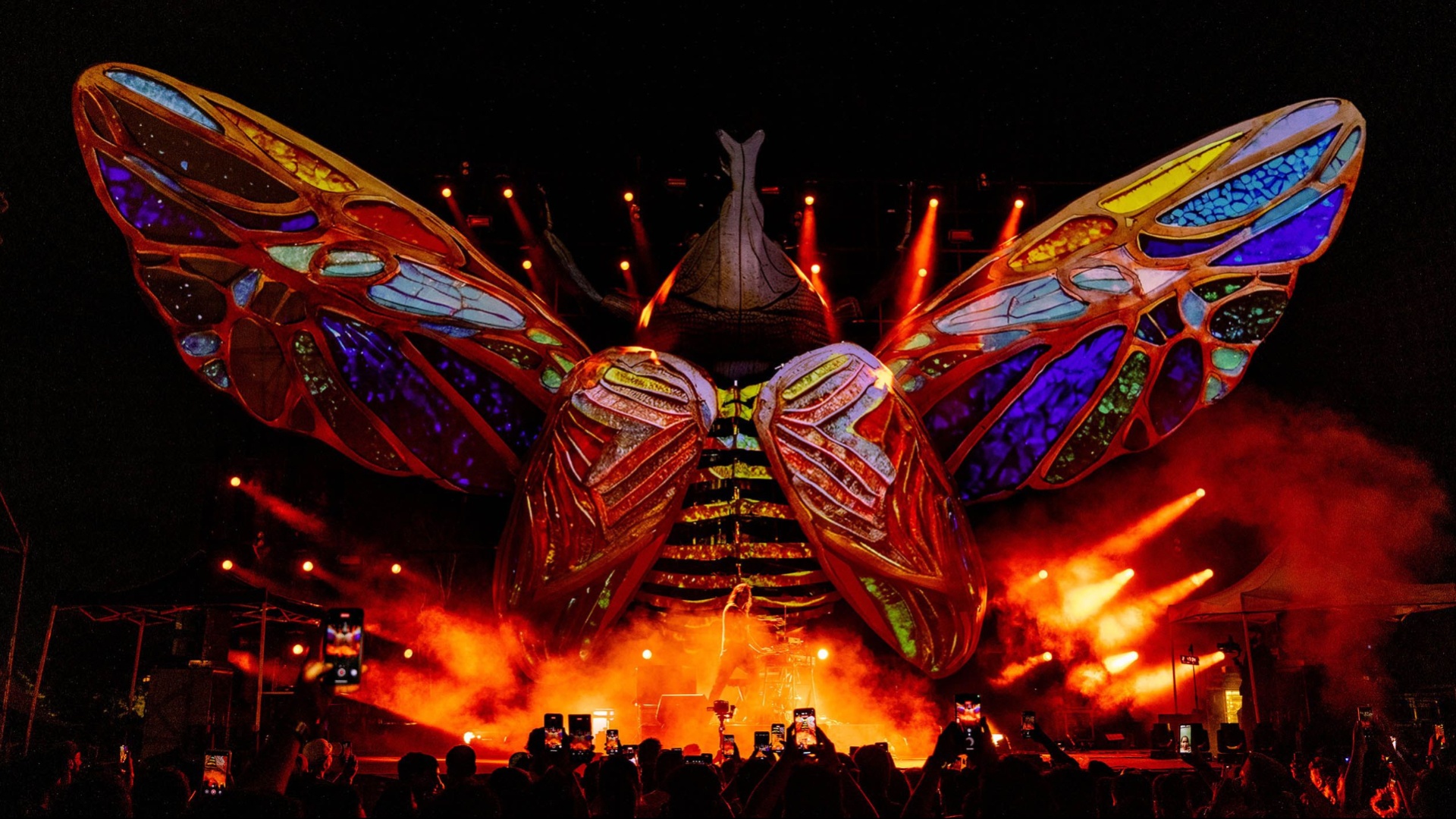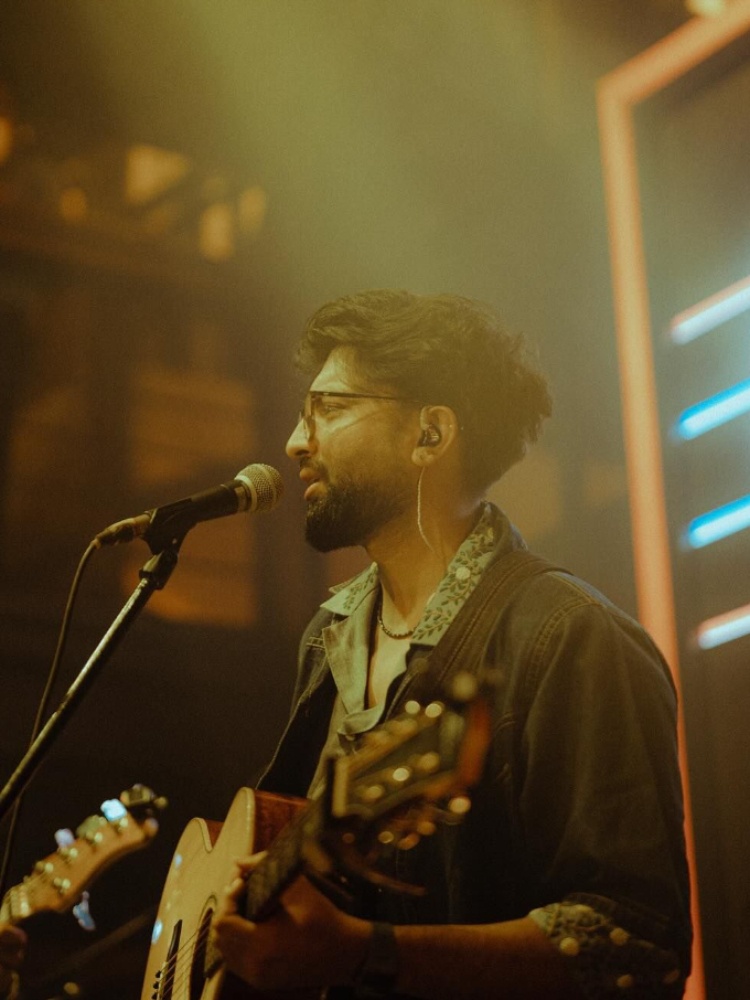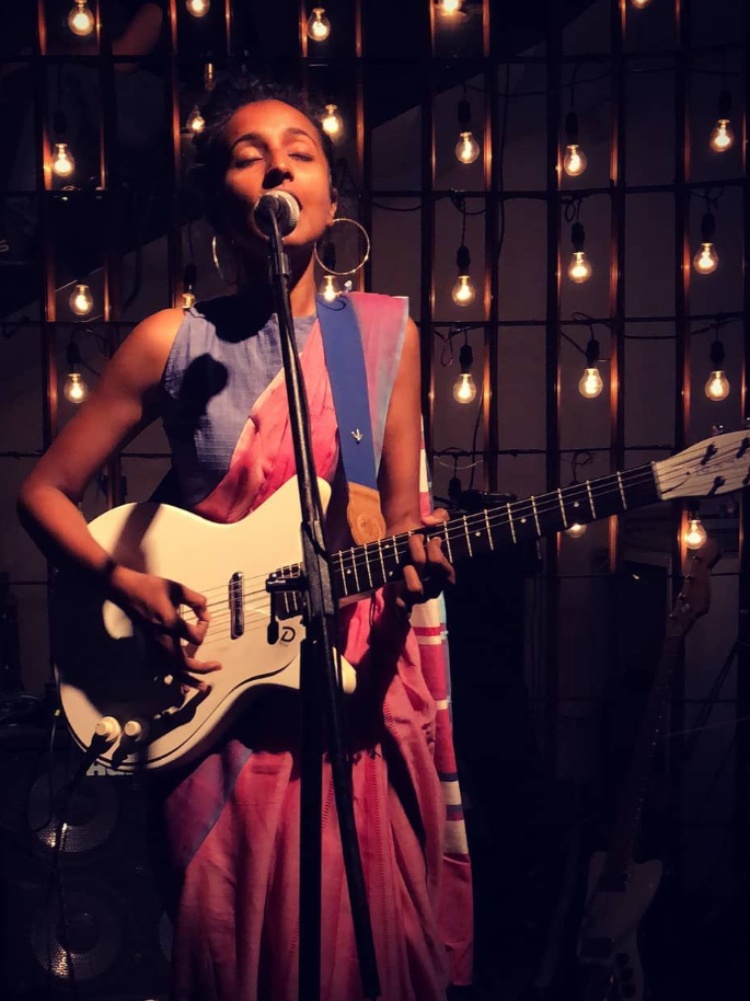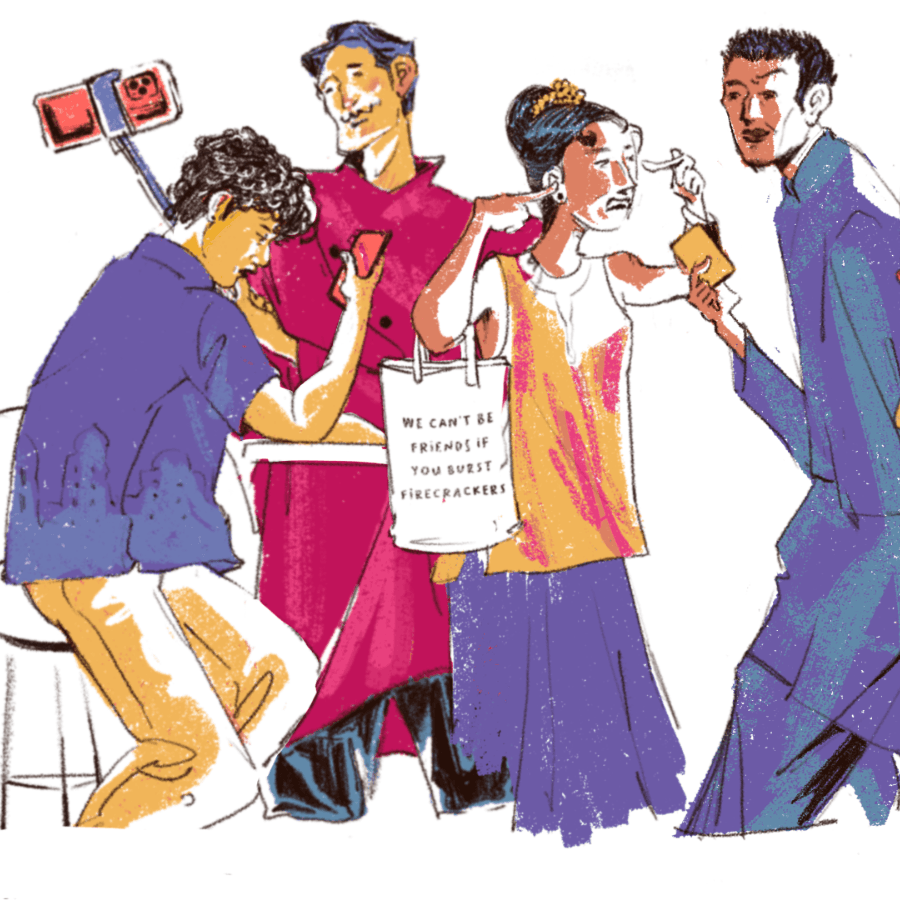It’s hard being an environmentally conscious concert goer today. The carbon footprint goes up almost every step of the way. You drive to the venue to watch an act who has likely flown to your city (or vice versa) and watch a show that guzzles electricity through extravagant sound and light equipment even as you fuel up on drinks served to you in a disposable cup.
Some might call it a fool’s game, but that hasn’t stopped a few acts from trying. Coldplay—which is rumoured to tour India next year—has reduced carbon emissions from the first two years of its ongoing Music of the Spheres tour by 59 per cent compared to its last stadium run in 2016 and 2017. The musicians achieved this by pledging to plant a tree for every ticket sold (so far, they’ve grown seven million) and encouraging fans to carpool, take public transport, or walk to and from the venue and bring their own refillable water bottles. Their most unique way of getting the audience involved in their eco-friendly efforts is installing a kinetic dance floor and power bikes in the pit so that their movements help charge the batteries that electrify the gig.
Closer home, a handful of artists who sing about climate-related concerns have also been striving to walk the talk. Bengaluru-based folk rock band Swarathma, whose songs ‘Patte Saare’ and ‘Pyaasi’ speak about the dangers of ecological damage, are currently on an eight-city tour across India where the sound system is powered by solar energy.
When the group learned about the work of SELCO Foundation, an organisation that helps provide solar energy to rural micro-entrepreneurs such as blacksmiths, barbers, and tailors, it decided to make a music video to spread the word about these efforts. On field with the foundation in Hubli, the band enquired if the same generators could supply enough power for a music show, and found it was possible. This led SELCO to enlist Pune-headquartered battery maker AmpereHour to manufacture a 20ft container that generates 100 kVA worth of power and can be charged from a solar energy field or an EV point. At the end of the nearly two-hour launch gig in Mumbai last month, the battery still had 75 per cent of juice left.
Singer-songwriter Aditi Veena, who divides her time between Goa and Berlin and performs under the moniker Ditty, has, for a few years now, championed green touring in India. Sustainability influences everything for this veritable Greta Thunberg of India’s indie music scene, from what she sings to where she plays to where she stays and how she travels there.
The urban ecologist, who makes music that’s informed and inspired by nature, has staged three carbon-neutral tours since 2020. For these concerts, she’s travelled by train. “Flying is one of the worst things in terms of the environmental impact,” says Ditty. “The carbon emissions from one or two flights are roughly similar to those from taking 25 long-distance trains.”
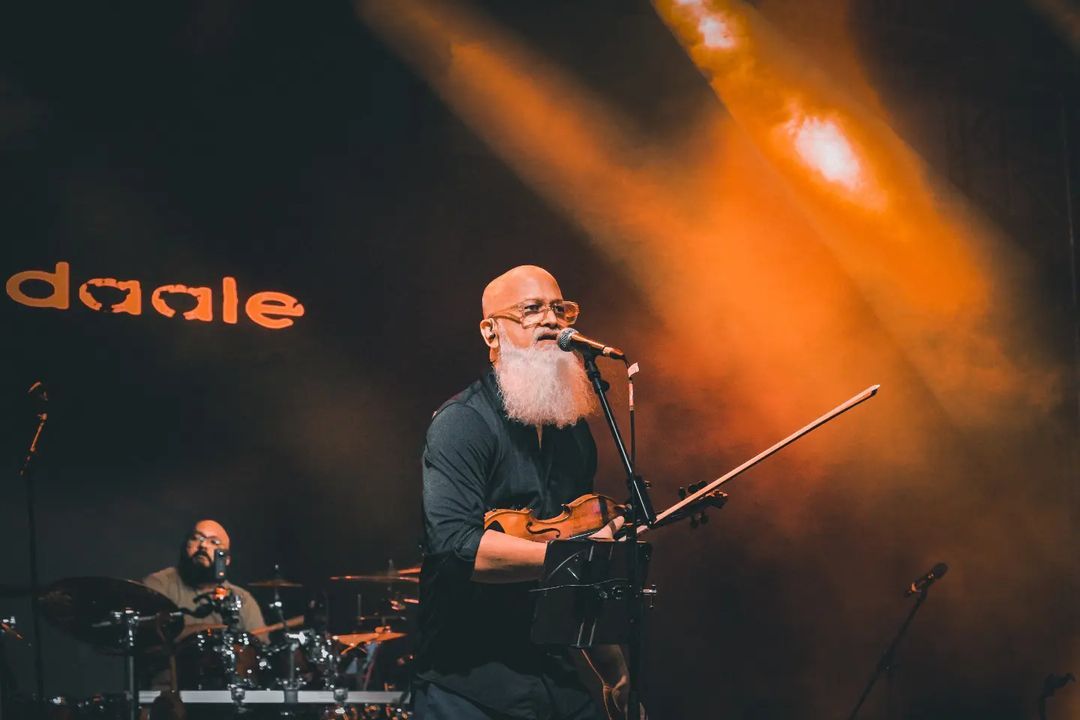
Ditty mostly performs in gardens, parks, and small theatres where she occasionally invites environmentalists to speak about their work and screens a film about eco-touring. She offsets her relatively low carbon footprint by planting trees.
Also using a carbon calculator that takes into account the flights, local travel, and use of generators is Mumbai-based singer-songwriter Osho Jain, who partnered with sustainability-oriented e-commerce site Brown Living to plant trees before he embarked on his last tour. Jain, whose song ‘Kya Karenge’ addresses the climate crisis, estimated that he has to grow 1,000 trees to offset the impact of his six-city sojourn in February and March. He realised the need to plan his tour more sustainably while directing the video for his single. “At the shoot, there was plastic everywhere...[it hit me that] if I go on a tour [promoting] this song, I have to do better,” shares Jain, who eliminated the use of hundreds of plastic water bottles by buying personalised metal flasks for his band and crew.
These are rare examples of eco-friendly touring in India where you’re more likely to see green initiatives at music festivals. Among the organisations many gig goers may be familiar with is Skrap. The firm has provided waste management services and implemented zero-waste policies for Lollapalooza India, the Mahindra Blues Festival, and Mahindra Independence Rock in Mumbai, and Magnetic Fields in Rajasthan.
Founder Divya Ravichandran says she’s noticed “a massive shift” from 2017 when she launched Skrap to today, when concert promoters are taking waste management more seriously after seeing hard data. “For all of our zero-waste projects, we prepare a detailed report in which we tell them how much waste was generated and the types; and even within recyclables, what the different categories are.” The 3,000-capacity Mahindra Blues Festival in Mumbai, for instance, generates an average waste of 2,375kgs.
Among Skrap’s most successful solutions has been the replacement of paper cups with reusable mugs, which are now a common sight across music festivals and serve as a sort of souvenir. But since there is no green mandate for gigs, sustainability measures by the same promoter can vary across shows. For example, attendees had access to free water at Lollapalooza and Ed Sheeran’s Mumbai concert, both of which were produced by BookMyShow. At the former, attendees refilled their reusable cups from dispensers placed across the ground, but at the Sheeran gig, they were supplied with 500ml plastic bottles courtesy of their co-sponsor Tuborg.
